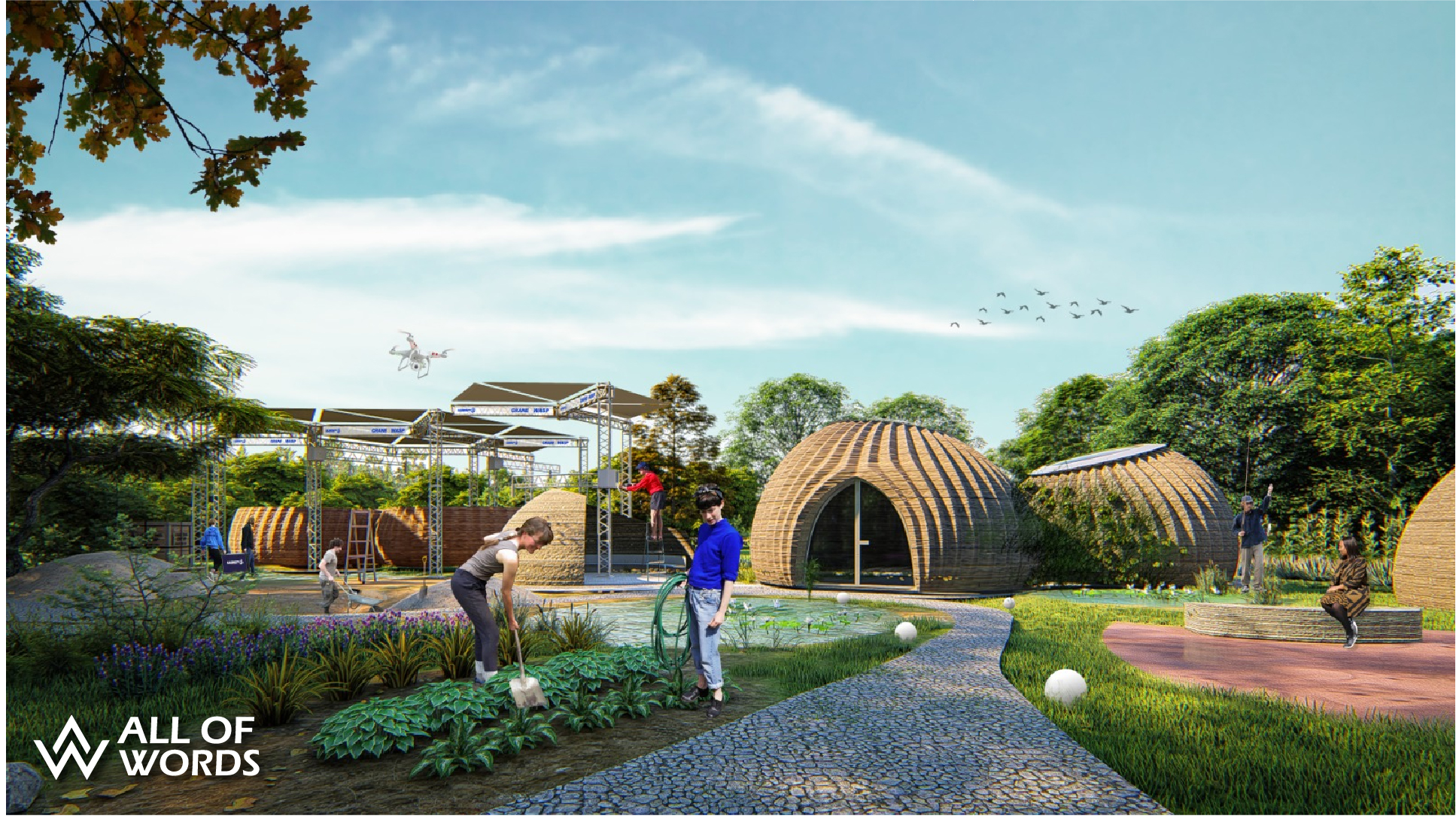Sustainable Living Made Easy: Cost-Effective Tips and Tricks
Living sustainably doesn't have to be complicated or expensive. In fact, there are many cost-effective ways to reduce your environmental footprint and adopt an eco-friendlier lifestyle. From small everyday changes to larger home upgrades, sustainable living can be accessible to everyone. In this guide by All of Words, we'll explore trending keywords and provide simple and understandable tips and tricks for sustainable living that won't break the bank.
1. Reduce, Reuse, Recycle
The mantra of "reduce, reuse, recycle" is at the core of sustainable living. Here's how you can incorporate it into your daily routine:
- Reduce Waste: Cut down on single-use plastics by opting for reusable water bottles, shopping bags, and containers. Buy in bulk to reduce packaging waste.
- Reuse Items: Give new life to old items by repurposing them. Turn glass jars into storage containers, use old t-shirts as cleaning rags, and get creative with DIY projects.
- Recycle Responsibly: Familiarize yourself with local recycling guidelines and recycle paper, plastic, glass, and metal items accordingly. Consider composting food scraps for nutrient-rich soil.
2. Energy-Efficient Practices
Save money on utility bills while reducing energy consumption with these energy-efficient practices:
- Switch to LED Bulbs: Replace incandescent bulbs with energy-efficient LED bulbs that last longer and consume less electricity.
- Unplug Electronics: Turn off and unplug electronics when not in use to eliminate "phantom" energy consumption. Use power strips to easily switch off multiple devices at once.
- Upgrade Appliances: Invest in Energy Star-certified appliances like refrigerators, washing machines, and dishwashers, which use less energy and water compared to older models.
3. Water Conservation
Conserve water at home with these simple yet effective strategies:
- Fix Leaks: Repair leaky faucets, toilets, and pipes promptly to prevent water wastage. Install water-saving devices like aerators and low-flow showerheads.
- Collect Rainwater: Use rain barrels to collect rainwater for watering plants and gardens instead of using treated tap water.
- Shorter Showers: Take shorter showers and turn off the water while brushing teeth or washing dishes to reduce water usage.
4. Eco-Friendly Transportation
Reduce your carbon footprint by adopting eco-friendly transportation options:
- Public Transit: Use public transportation, carpooling, or biking whenever possible to reduce emissions from personal vehicles.
- Hybrid or Electric Vehicles: Consider investing in a hybrid or electric vehicle for lower fuel consumption and reduced greenhouse gas emissions.
- Walk More: Opt for walking or biking for short distances instead of driving, which also promotes physical activity and reduces pollution.
5. Sustainable Shopping Habits
Make conscious choices when shopping to support sustainable practices:
- Buy Local: Support local farmers and businesses to reduce carbon emissions from transportation and promote local economies.
- Choose Sustainable Brands: Look for products from brands that prioritize sustainability, such as organic, Fair Trade, and eco-friendly options.
- Minimalist Approach: Adopt a minimalist approach to shopping by focusing on quality over quantity, investing in durable items, and avoiding unnecessary purchases.
6. Green Home Upgrades
Upgrade your home with green technologies and practices for long-term savings:
- Energy-Efficient Windows: Install energy-efficient windows to improve insulation and reduce heating and cooling costs.
- Solar Panels: Consider installing solar panels to harness renewable energy and lower electricity bills over time.
- Insulation: Improve insulation in walls, ceilings, and attics to minimize heat loss in winter and keep your home cool in summer.
7. DIY and Upcycling
Get creative with do-it-yourself projects and upcycling to reduce waste and save money:
- DIY Cleaners: Make your own eco-friendly cleaning products using simple ingredients like vinegar, baking soda, and essential oils.
- Upcycled Decor: Repurpose old furniture, pallets, and household items into unique decor pieces instead of buying new ones.
- Clothing Swaps: Organize clothing swaps with friends or participate in community swap events to refresh your wardrobe sustainably.
8. Mindful Eating
Choose sustainable food options and reduce food waste with mindful eating habits:
- Plant-Based Meals: Incorporate more plant-based meals into your diet to reduce the environmental impact of meat production.
- Meal Planning: Plan meals in advance to avoid overbuying groceries and wasting food. Use leftovers creatively in new recipes.
- Compost Food Scraps: Create a compost bin for food scraps like fruit peels, vegetable trimmings, and coffee grounds to enrich soil and reduce landfill waste.
9. Educate and Advocate
Spread awareness about sustainable living and advocate for environmentally friendly policies and practices:
- Educate Others: Share information and resources about sustainable living with friends, family, and community members to inspire positive change.
- Support Green Initiatives: Participate in or support local environmental initiatives, clean-up events, and conservation efforts in your area.
- Vote for Sustainability: Vote for political candidates and policies that prioritize sustainability, renewable energy, and environmental protection.
10. Community Engagement
Get involved in community initiatives and collaborate with others for collective impact:
- Community Gardens: Join or start a community garden to promote urban agriculture, food security, and community bonding.
- Environmental Groups: Join environmental organizations or volunteer for green projects, tree planting initiatives, and conservation programs.
- Sharing Economy: Embrace the sharing economy by borrowing, renting, or sharing items like tools, equipment, and resources within your community.
Conclusion
By incorporating these cost-effective tips and tricks into your lifestyle, you can make a meaningful difference in promoting sustainable living while saving money in the process with All of Words. Remember that small changes can lead to significant impacts, and together, we can create a more sustainable and eco-friendlier world for future generations.
